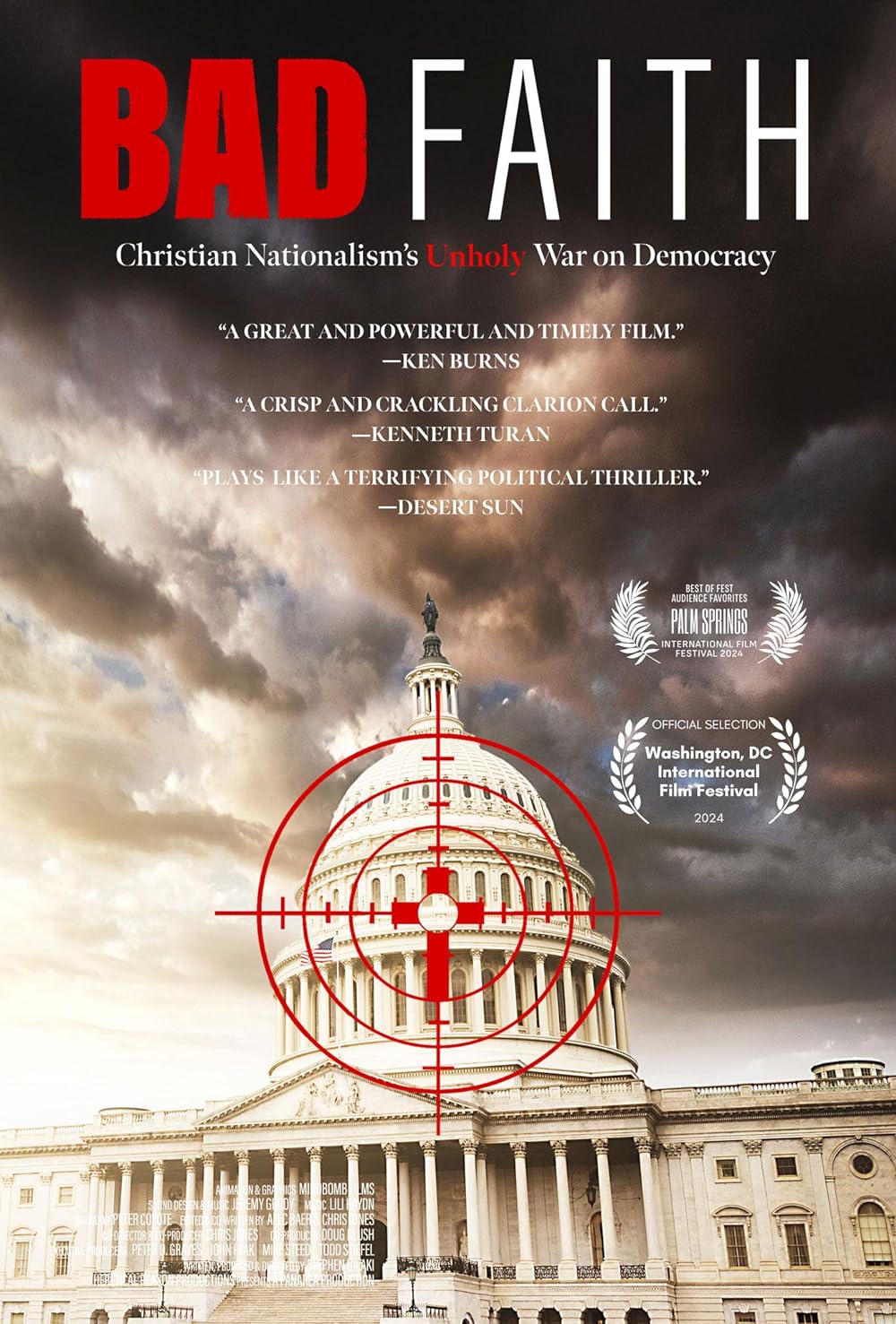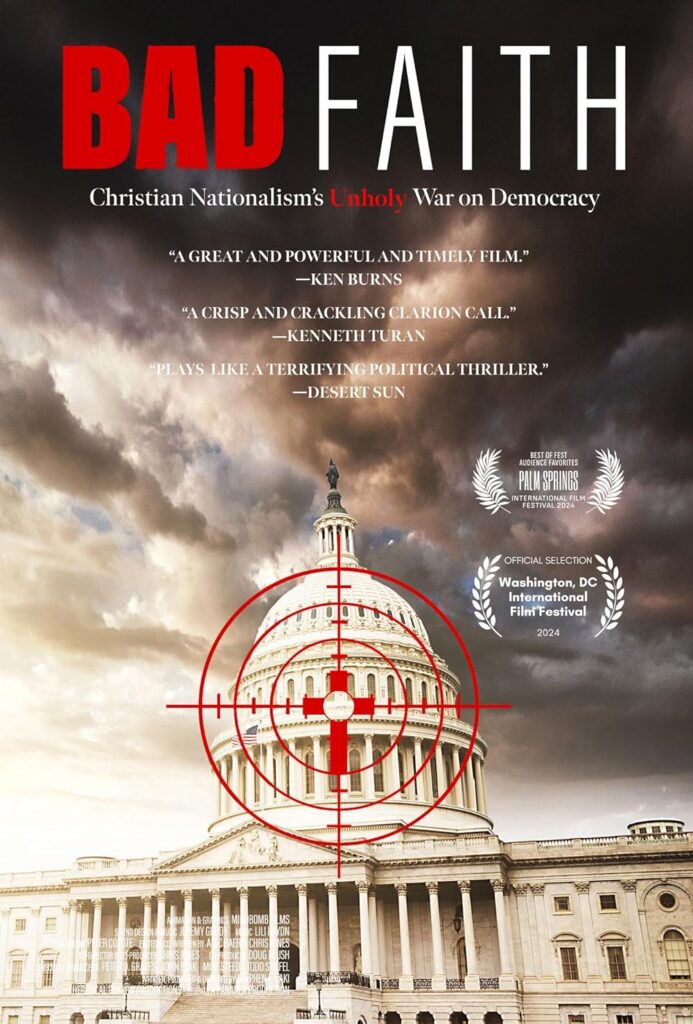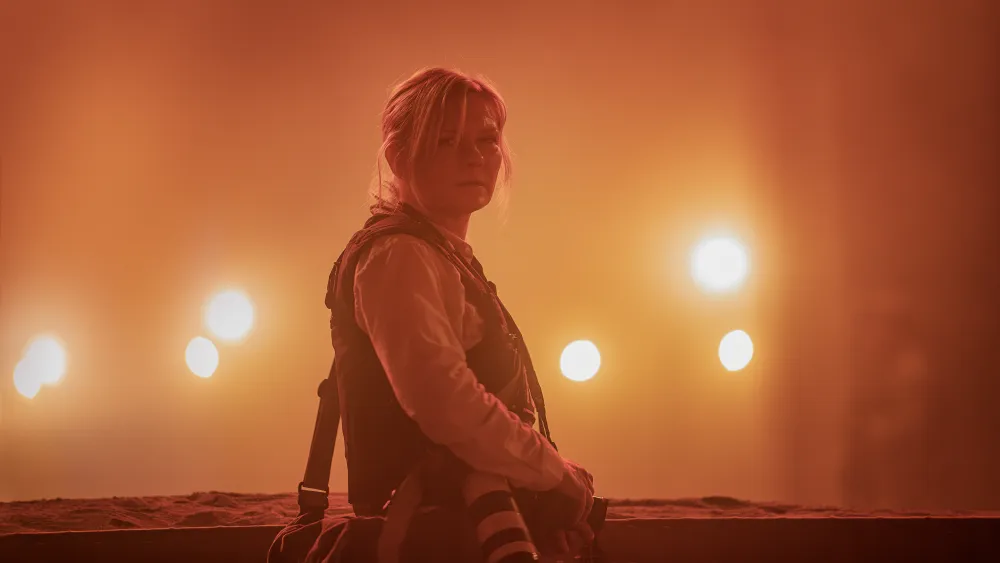Challengers
Posted on April 25, 2024 at 5:07 pm
B-| Lowest Recommended Age: | Mature High Schooler |
| MPAA Rating: | Rated R for some sexual content, language throughout, and graphic nudity |
| Profanity: | Very strong language |
| Alcohol/ Drugs: | Alcohol, smoking |
| Violence/ Scariness: | Character is injured |
| Diversity Issues: | Diverse characters |
| Date Released to Theaters: | April 26, 2024 |

“Challengers” is about a love triangle set in the world of professional tennis. We follow the configurations of the various romantic and sexual encounters like we follow the ball being hurled over the net left to right, right to left. It is beautiful to watch, with cinematography by Sayombhu Mukdeeprom, but more perfume commercial than story. The characters have almost no complexity, increased understanding, or consequences.
Zendaya, who also produced the film, plays Tashi, a young superstar turned coach after a knee injury. Art Donaldson (Mike Faist, Riff in Spielberg’s “West Side Story”) and Patrick Zweig (Josh O’Connor, young Prince Charles in “The Crown”) are best friends, doubles partners, and tennis boarding school roommates. All three are, even by movie star standards, impossibly gorgeous and erotically compelling. In their world, all that matters is using their physicality in the strongest, most competitive manner. This is the film that should be called “Bodies, Bodies, Bodies.”
As in his earlier films, like “Call Me By Your Name” and “Bones and All,” director Luca Guadagnino makes “Challengers” intensely charged with sensual pleasures and, in their more extreme form, obsessions. Unlike “Bones and All,” these characters are not literal cannibals. Only spiritual, metaphorical cannibals.
“I love you,” Art tells Tashi. “I know,” she answers. And not in an endearing Han Solo way. Early on in the film (but late in the timeline), we see her marking up a proposed ad featuring her and Art as coach and tennis champion, wife and husband. The text says “Game Changer.” She adds an s, giving herself equal prominence. In a later scene, a flashback set when Art and Tashi are in college and she and Patrick are in a relationship, she gives him feedback about his tennis game during foreplay. The sex never happens, though, because he does not want her to coach him. “I’m a peer,” he insists before they part in a fury. What he cannot seem to understand is that intensely competitive tennis is all she is.
The story takes us back and forth in time, and you have to watch the characters’ hair to remind yourself whether they are teenagers, college students, or in their early 30s, and who is sleeping with who. Note the A to Z in the male characters’ names, and their nickname during their doubles years, Fire and Ice, amplifying their opposition and connection. The three characters are like charged ions, pulled toward each other, unable to touch or to break away.
Parents should know that this is a very explicit and erotically charged film, with non-sexual male nudity (steam room, locker room), very strong language, smoking, and drinking.
Family discussion: How would the story have been different if Tashi had not been injured? Do you think she will try to make her daughter into a tennis star?
If you like this, try: “Personal Best” and “Malcolm and Marie”







